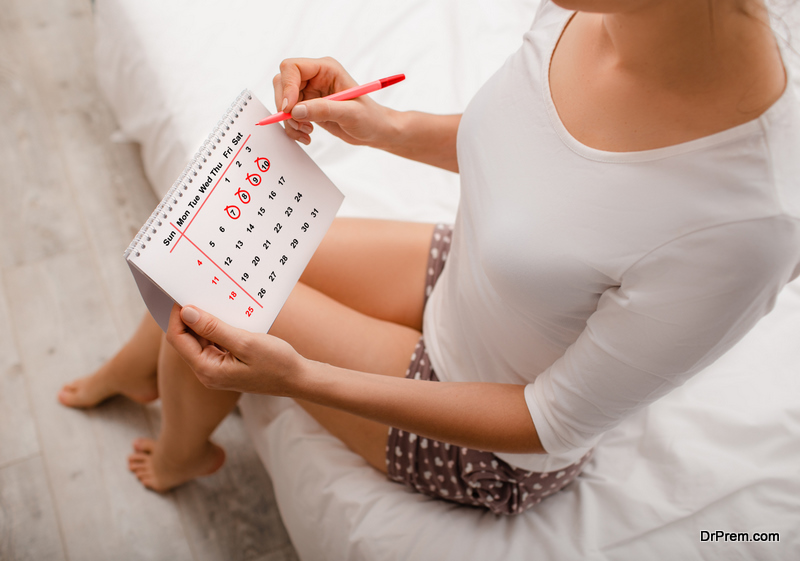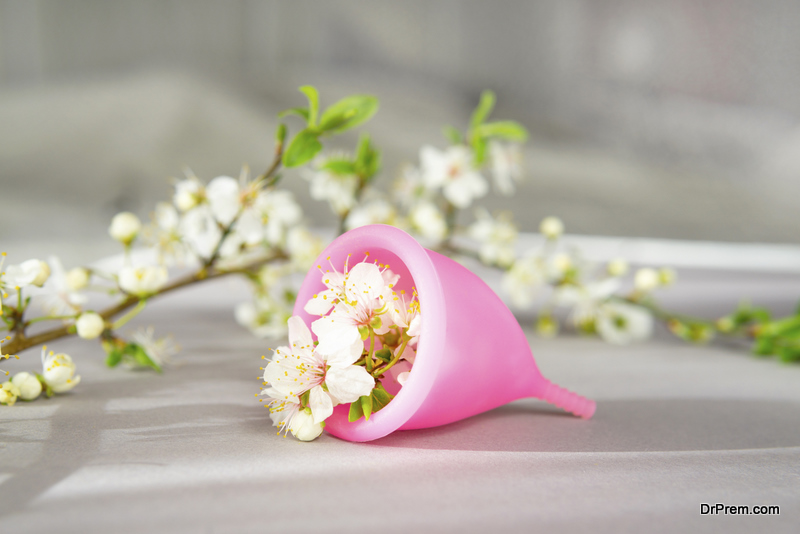You may have heard the words “menstrual cycle”, “period,” or “that time of the month” many times before, or perhaps you’re new to the entire thing. To cover all bases, let’s begin by clarifying that a period or “that time of the month” is actually very different to a menstrual cycle.
In fact, your period is only one part of many overlapping phases of the menstrual cycle.
What is a menstrual cycle?
The menstrual cycle is the process your body goes through each month to prepare for a potential pregnancy. An important part of this process is called ovulation, which is when an egg is released by one of your ovaries each month.
It’s also at this stage that your body will start to undergo certain hormonal shifts, which help build the uterine lining – also referred to as the endometrium – and further prepare your uterus for pregnancy. If the egg isn’t fertilised, then your body will begin to shed its uterine lining. This shedding process is what’s known as your period.
Where does my cycle start, and where does it end?
If you look at your menstrual cycle from a scientific point of view, you’ll see that this process is made up of four phases. These phases are called the menstrual, follicular, ovulation and luteal phases. Each phase is responsible for preparing your body for the next.
Your cycle begins during the menstrual phase, which happens on the first day of your period and usually lasts for about 3 to 7 days. Alongside and overlapping this phase is the follicular phase, which also starts on the first day of your period, lasts on average 16 days and ends around the time you begin to ovulate.⁵
The third phase occurs when you begin to ovulate, which is usually around day 14, depending on your cycle.⁴ This phase only lasts about 24 hours if your egg isn’t fertilised. The final phase lasts from around day 14 to the final day of your cycle.
How long should my menstrual cycle be?
While there isn’t exactly one set cycle that is thought to be “normal,” each person has what’s considered normal for them. For example, the number of days within your cycle may be entirely different from someone else’s, and yet you may both fall in the range of a normal cycle. On average, a person’s menstrual cycle is around 28 days long, however, this can fluctuate between 21 and 35 days.
Why is my menstrual cycle getting shorter?
Menstrual cycles also change along with your age, so it’s helpful to remain informed and take the time to truly understand what these words might mean for you as an individual. For example, your period may be longer or heavier when you are younger and become shorter and
lighter as you get older. Some know their cycles like clockwork, whilst others may experience slight fluctuations.
Most of the time, a fluctuating cycle is completely natural, however, if your cycle changes suddenly or you suspect that it may be because of an underlying condition, you might want to speak to your healthcare provider for further advice.
How can I track my menstrual cycle?
By understanding your cycle and its phases, you can begin to track your cycle through the use of menstrual tracking apps, period calculators and keeping a journal. In addition, adding key details of your life alongside tracking your cycle may also be useful, especially when bringing up any concerns you might have with your doctor.
An example of these key details could be acknowledging periods of high stress, which may be influencing your cycle.⁶,⁷ For example, in extreme cases, high levels of stress can cause you to skip your period altogether.⁸
Knowing how external factors influence your cycle – either positively or negatively – can also help you to assess the severity of a sudden change in your menstrual cycle before seeking out further professional medical guidance. Alternatively, they can also signal when it’s time to give
them a call. A few key indicators include bleeding between periods, irregular periods and an increase in pain.
Keep it mind that what works for another person may not be what works for you. This is why it’s so important to understand what a menstrual cycle is, how it works, why it may fluctuate and when or when not to be concerned. Ultimately, nobody knows your body as well as you do. Always go with what feels right for you and try to minimise or avoid what doesn’t.
Article Submitted By Community Writer






